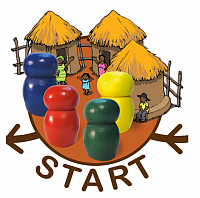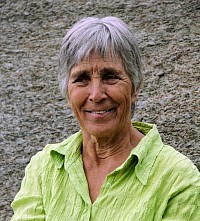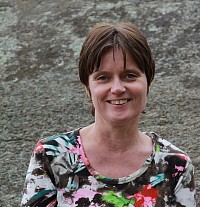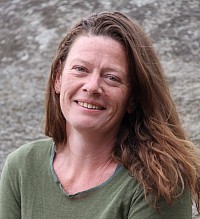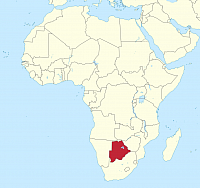About us
Our causes
The DipeoGameTeam is committed to sustainable development. We believe in:
- human creativity
- learning by play
- honest and fair trade
We want to:
- fight poverty and promote sustainable economic growth
- promote gender equality and empower women and girls
- make it easy to get a basic understanding of maths and how to manage money
Our story
The first seed of what has become the Dipeo game was planted back in 2012.
Henriette Paus Grova
was looking for a way to help boost the school results of a young friend living in rural Botswana. She needed to find a learning tool that the girl could use independently in her village.
The search for such a "learning device" led to the idea of creating what would become the Dipeo game. Liv Unni Hersvik joined Henriette after a while, and provided a trial version of a game taking account of numeracy, business and managment of money. Pernille Bache made the first basic design in 2013. And shortly after, Solveig Lid Ball created the colourful world of Dipeo as it exists today.
Since 2013, Dipeo has been through many levels of development; refined through testing and try-outs with relevant organisations and many eager players from different countries and backgrounds.
Dipeo reads: dip’eo - which means 'seeds' in Setswana, the language they speak in Botswana.
Finally, after 10 years the first seeds of the Dipeo game has grown into something that is ready to be harvested!
Meet the DipeoGameTeam:
Henriette Paus Grova
Henriette is a drama teacher, author and founder of several self-help projects for rural women in Botswana.
Liv Unni Hersvik
Liv Unni has experience from development cooperation (Norad and UNFPA). She has worked and studied in Central America, India and West Africa.
Solveig Lid Ball
Solveig is an illustrator and author. She has illustrated numerous children books and textbooks. For example books 1-4 in CappelenDamm´s series 'Stairs'; English for elementary school in Norway, and 'VOLUM' textbooks i maths for grades 1-7.
Her book 'Barnehagedagen' has a print run of 10 000.
Why the board game came into being
"I want to become educated, not to be poor as my mother and grandmother", a young
girl in a village in Botswana told Henriette in 2012.
She met this girl when she was running a village-tourism project for women in a remote village in Botswana.
Henriette had previously lived there for several years, running a self-employment project for women. Women in the village had a sincere wish for development. They had a hunger for:
- learning
- getting new input
- improving their living conditions
The village women made more money than usual from a visit from tourists in 2012. Two weeks later a woman came to Henriette, she wanted to borrow money to build a fence. What about the money she had made two weeks ago? No, they were gone. She had used them for tea and sugar.
Two
needs became very visible:
- How to help someone become better in school without being there?
- How to help poor women to manage their money in a sustainable way?
What could help? What should the girl learn? Maybe concentrate on something with maths? Maths uses a way of thinking that can be useful in other subjects. And knowing how to deal with numbers could be an important tool for running a micro-business in a sustainable way.
Then what?
Learning through play is motivating. Could Henriette develop or find something that could become a fun learning tool?
Several digital learning solutions existed. To use something that needed a screen, would that give practical help? Lack of access to electricity, internet, and dust in the air excluded a screen solution. A board game that could withstand rough conditions could be a solution.
And the schoolgirl?
In 2013, we had a first protoype of such a board game. The young girl received this first version of Dipeo, and
promised to play the game often.
Two years later Henriette was back in the village. "I made it, I made it", the girl said happily.
She could go on to Senior Secondary. Her grades in maths were good enough. Unprompted she told us it was because of the Dipeo game that she had become so much better in maths. Today she has finished a degree in Public Health at the University of Botswana.
A seed was planted and has now grown to become something big.


